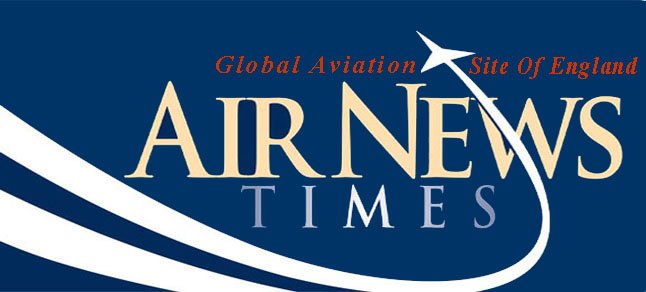Airlines in the region will face a potentially crippling shortage of skills and failure to hit employee transformation targets if governments do not fix basic and tertiary education, warned the Airlines Association of Southern Africa (AASA).
Airlines and the entire aerospace industry are dependent on a pipeline of young, appropriately educated talent who they can prepare, with bridging training, for careers in the sector.
However, poor science, technology, engineering and mathematics learning – especially at schools in townships and rural areas – and the financial squeeze on South African universities and students is causing the pipeline to dry-up.
“Without this talent pipeline, airlines and other aviation businesses in our region, specifically South Africa, face a calamitous future,” cautioned AASA CEO, Chris Zweigenthal, in his address to the association’s 2017 annual general assembly.
Africa’s unprecedented population explosion is driving increased demand for air transport across the continent, with projected annual 5.7 percent average growth over the next 20 years.
In parallel, around 20,000 new pilots, similar numbers of technicians and engineers together with a range of other professions will be needed to operate and supportAfrica’s expanded fleet and to succeed the current generation of airline employees.
“Transformation is a non-negotiable factor and we want to accelerate the pace at which we advance representation and diversity – not just in the cockpits and the executive suites, but in all roles across the industry.
Frustratingly, our combined efforts, which include various industry-funded education outreach initiatives, are hamstrung by the low standards of basic education, especially in poor communities,” he added.
“At the same time, we trade in an open and competitive labour market. In addition to fixing education, we need to attract the available talent to work in aviation in the region and also find ways to make sure they want to stay,” he said.
Contributing factors identified by AASA for urgent attention include the scarcity of funding (including the current financial squeeze on universities and students), the absence of a specialist aerospace and air transport education institution in Africa and a lack of effective coordination between governments, educators and the industry.
The latest industry econometric study* shows that aviation supports 6.8 million direct, indirect and induced jobs in Africa and generates US$72 billion for the continent’s combined GDP.
A significant portion of these are in Southern Africa. It is a key economic and development enabler and driver of domestic, regional and global imports, exports, investments, business and leisure tourism and innovation.
This year’s AASA gathering of more than 200 airline leaders, government policy makers, regulators, industry bodies, manufacturers and other industry players, is meeting to address human capital development challenge for African airlines.





